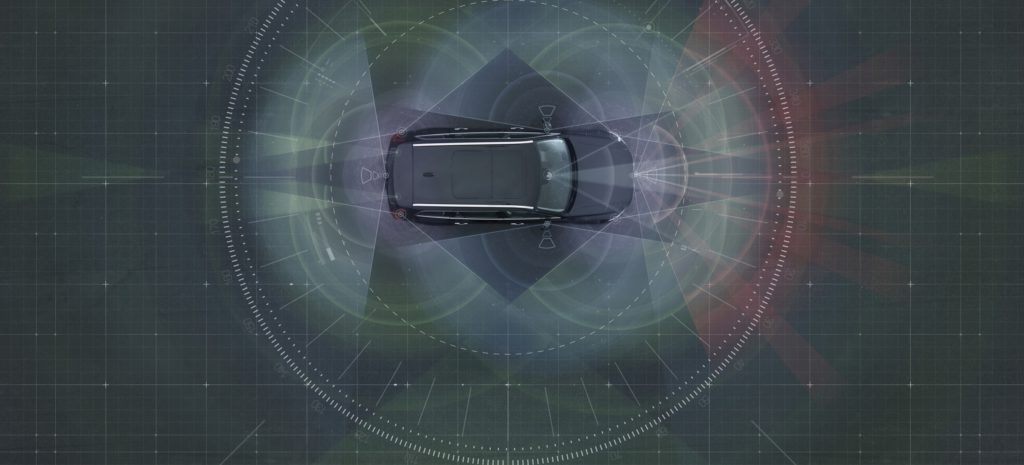Volvo partners with Waymo
26 June 2020

26 June 2020
Volvo Car Group (Volvo), including its affiliates Polestar and Lynk & Co, are partnering with Waymo, the Google-owned, self-driving technology company.
This makes the US tech developer the exclusive SAE Level 4 (L4) autonomous partner for the Swedish manufacturing group. As one of the highest levels of automation, a vehicle equipped with L4 technology would be capable of performing all driving functions under certain conditions.
The two companies will first work together to integrate Waymo Driver, the self-driving technology, into a new mobility-focused electric-vehicle platform for ride-hailing services.
A shared vision
′Fully autonomous vehicles have the potential to improve road safety to previously unseen levels and to revolutionise the way people live, work and travel,’ said Henrik Green, chief technology officer at Volvo Car Group. ′Our global partnership with Waymo opens up new and exciting business opportunities for Volvo Cars, Polestar and Lynk & Co.’
′This key partnership with Volvo Car Group helps pave the path to the deployment of the Waymo Driver abroad in years to come, and represents an important milestone in the highly competitive autonomous vehicle industry,’ commented Waymo chief automotive officer Adam Frost.
′Volvo Car Group shares our vision of creating an autonomous future where roads are safer, and transportation is more accessible and greener. We’re thrilled to welcome Volvo Car Group as our latest automotive partner,’ Frost added.
Waymo resumed its Phoenix-based driving operations in May after suspending them two months earlier to defend against the coronavirus (COVID-19) pandemic. The developer has decided to take a tiered approach to resuming operations, beginning with its test fleet and progressing to the public self-driving ride-hailing service, Waymo One.
Autonomous teamwork
Waymo also continues to benefit from several other partnerships within the automotive industry. In June last year, Renault and Nissan partnered with the tech company to explore the introduction of driverless mobility services in France and Japan. The aim was to research the commercial, legal and regulatory issues related to driverless transportation-as-a-service offerings in the two countries.
In March 2018, Jaguar Land Rover also entered a ′long-term strategic partnership’ with Waymo, to supply electric vehicles to the development project. The companies agreed to work together to design and engineer self-driving Jaguar I-Pace models that can be deployed in cities, picking up users and transporting them to their destination.
Volvo also entered an agreement with Uber in 2018 to develop autonomous vehicles for ride-sharing services. Then, in June last year, the two companies unveiled their first production-ready model. The XC90 base vehicle is equipped with safety features that allow Uber to easily install its self-driving system.
The vehicle also features several back-up systems for both steering and brake functions as well as battery back-up power. Should any primary systems fail, these are designed to immediately act and bring the car safely to a halt.
These safety systems have become more important after the death of a pedestrian in 2018, while an Uber vehicle was on a trial run. The car, which had a driver on board but not in control, was unable to see the victim as she crossed a dark road.